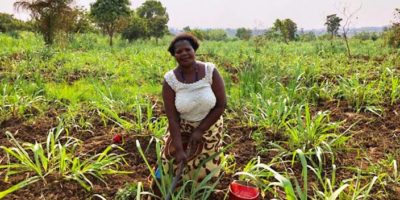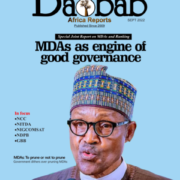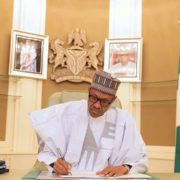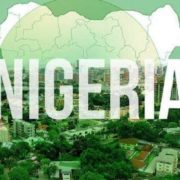By Santiago Stocker
“With Nigeria’s presidential elections just weeks away, it looks increasingly likely that the elections will go to a second round, in what would be the first runoff election since the restoration of democracy in 1999. This should be embraced as an exciting new phase in Nigeria’s democratic development. However, in the shadow of pernicious election violence, the prospect of an extended electoral period raises concerns about prolonged instability.
“There has been little accountability for these incidents and it is hard to escape the conclusion that election violence is fueled by a sense of impunity. Organizations such as Yiaga Africa and Kimpact Development Initiative are monitoring election violence risks and trends in sophisticated ways so that Nigeria’s civil society can prevent and mitigate election violence at the community level. Although these efforts are valuable, a significant reduction in election violence will require changing the incentives contributing to it.
“Particular attention should be paid to local leaders of major parties in LGAs that experience election violence repeatedly. For example, there are LGAs in Abia, Anambra, Benue, Ebonyi, Edo, Gombe, Imo, Kaduna, Kano, Katsina, Kogi, Lagos, Nasarawa, Ogun, Osun, Rivers and Zamfara states where major parties have conducted multiple attacks since Sept. 29, 2022. In some LGAs, partisan attacks happen week after week, yet the LGA party leaders in these areas are rarely questioned — and almost never publicly named in association with the violence carried out under their party’s banner.
“As the most populous and one of the most economically and strategically important countries in Africa, Nigeria’s democracy and stability should be a matter of grave concern to the U.S. and its democratic partners. To this end, the international community should take action to sanction those who are involved in election violence, including visa bans and asset freezes, as domestic and international nongovernmental organizations have called for repeatedly.
“Ultimately, token gestures such as signing peace accords or secret visa bans are unlikely to bend the trajectory of election violence in Nigeria. If election violence is not reduced, it will be difficult to hold credible elections, which could result in the widespread rejection of results and even worse, post-election violence than what Nigeria experienced in 2011. Preventing this outcome will require concerted efforts, both domestically and internationally, to disrupt the incentives for violence by ending the de facto impunity with which it has been treated. Nigeria’s future may well depend on it.”
Santiago Stocker is the resident program director for Nigeria at the International Republican Institute (IRI).





















